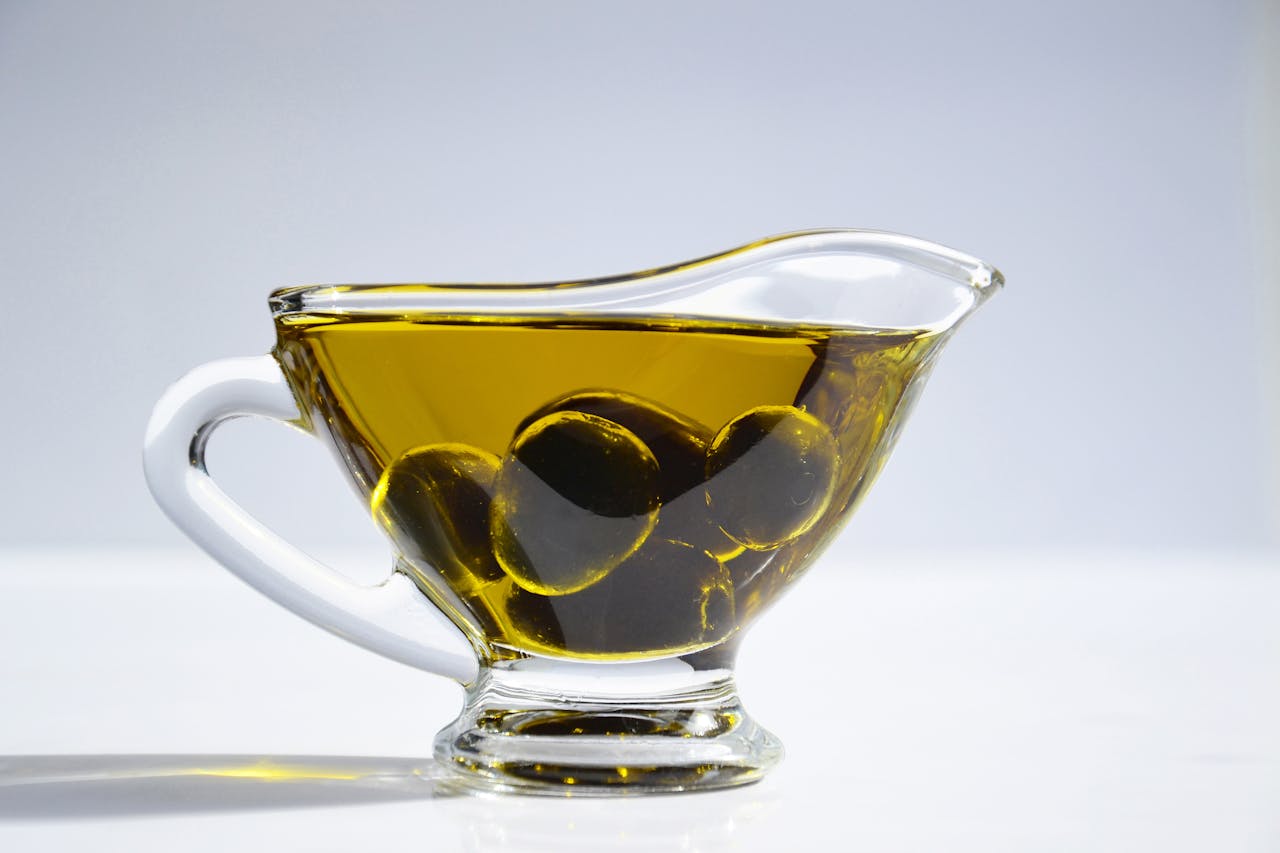The Bible frequently mentions olive oil, highlighting its importance in daily life, religious rituals, and symbolic significance. Here are some key references to olive oil in the Bible, organized by category:
1. Religious Rituals and Anointing
- Anointing Priests and Kings:
- Exodus 30:22-33: Olive oil is used to anoint priests, the Tabernacle, and sacred objects, symbolizing their consecration to God.
- 1 Samuel 16:13: Samuel anoints David with olive oil, signifying his selection as king.
- 1 Kings 1:39: Zadok the priest anoints Solomon with olive oil, marking his kingship.
- Sacrificial Offerings:
- Leviticus 2:1-16: Olive oil is mixed with grain offerings as a pleasing aroma to the Lord.
- Numbers 15:4-10: Olive oil is included in drink offerings and sacrifices.
- Temple Rituals:
- Exodus 27:20-21: Pure olive oil is used to keep the lamp in the Tabernacle burning continually.
- Leviticus 24:2-4: Olive oil is used to keep the lamps in the Temple lit.
2. Symbolism and Blessings
- Symbol of the Holy Spirit:
- Zechariah 4:1-14: Olive oil symbolizes the Holy Spirit in the vision of the golden lampstand.
- 1 John 2:20, 27: Believers are described as being anointed with oil, symbolizing the Holy Spirit’s presence.
- Symbol of Prosperity and Blessing:
- Deuteronomy 8:8: The Promised Land is described as a land of olive oil, symbolizing abundance and God’s provision.
- Psalm 128:3: A blessed man is compared to an olive tree, symbolizing fruitfulness and prosperity.
3. Healing and Practical Uses
- Healing the Sick:
- James 5:14: The elders are instructed to anoint the sick with oil in the name of the Lord for healing.
- Mark 6:13: The disciples anoint the sick with oil and heal them.
- Daily Life:
- 2 Kings 4:1-7: Olive oil is used as a valuable commodity to pay off debts.
- Ruth 3:3: Olive oil is used for personal grooming and hygiene.
4. Parables and Teachings
- The Parable of the Ten Virgins:
- Matthew 25:1-13: Olive oil is used in lamps by the wise virgins, symbolizing preparedness and faithfulness.
- The Good Samaritan:
- Luke 10:34: The Good Samaritan uses oil (likely olive oil) to treat the wounds of the injured man, symbolizing compassion and care.
5. Prophetic and Eschatological References
- Restoration and Renewal:
- Joel 2:24: God promises to restore the land with abundant olive oil as a sign of His blessing.
- Zechariah 4:12: Olive oil flows freely in the vision of the two olive trees, symbolizing God’s provision and Spirit.
- End Times:
- Revelation 11:4: The two witnesses are compared to olive trees and lampstands, symbolizing their role as bearers of God’s light and truth.
6. Historical and Cultural Context
- Olive Oil as a Staple:
- 1 Kings 17:12-16: Olive oil is part of the widow’s last meal, showing its importance as a basic food item.
- 2 Chronicles 2:10: Olive oil is listed among the provisions for the workers building the Temple.
- Olive Trees as Symbols:
- Psalm 52:8: The righteous are compared to flourishing olive trees in the house of God.
- Romans 11:17-24: Believers are compared to branches grafted into the olive tree, symbolizing their inclusion in God’s covenant.
Summary
In the Bible, olive oil is a multifaceted symbol of God’s presence, blessing, and provision. It is used in religious rituals, as a healing agent, and as a metaphor for spiritual truths. Its frequent mention underscores its importance in the daily life and spiritual practices of ancient Israel and the early Christian church. Olive oil’s rich symbolism continues to resonate in religious traditions today.













